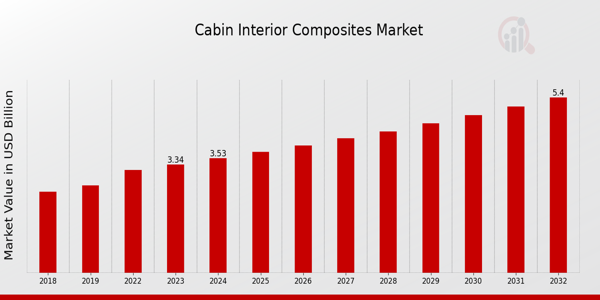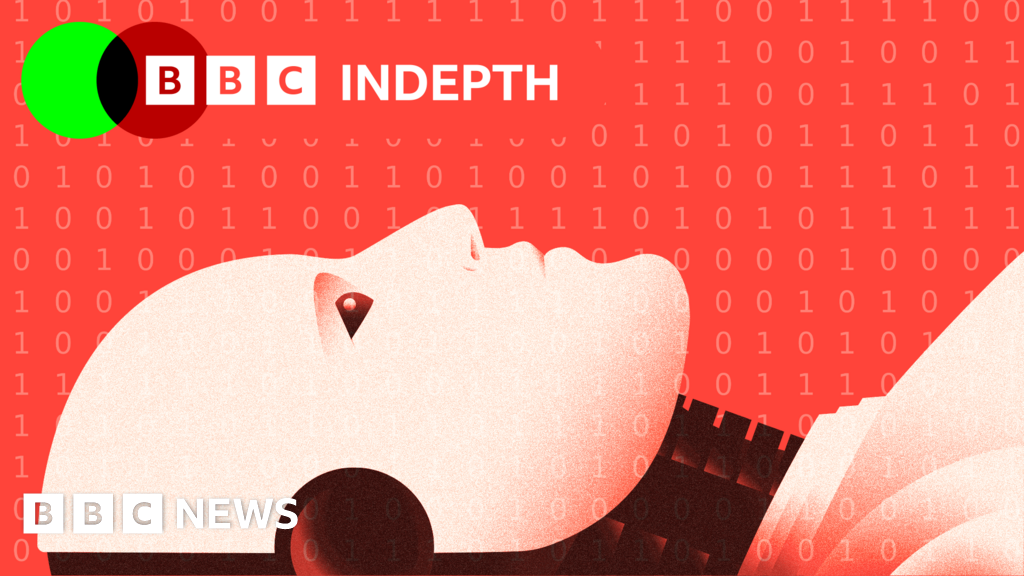Oppose STOP CSAM: Protecting Kids Shouldn’t Mean Breaking the Tools That Keep Us Safe
-
This post did not contain any content.

Oppose STOP CSAM: Protecting Kids Shouldn’t Mean Breaking the Tools That Keep Us Safe
A Senate bill re-introduced this week threatens security and free speech on the internet. EFF urges Congress to reject the STOP CSAM Act of 2025 (S. 1829), which would undermine services offering end-to-end encryption and force internet companies to take down lawful user content. TAKE ACTIONTell...
Electronic Frontier Foundation (www.eff.org)
-
This post did not contain any content.

Oppose STOP CSAM: Protecting Kids Shouldn’t Mean Breaking the Tools That Keep Us Safe
A Senate bill re-introduced this week threatens security and free speech on the internet. EFF urges Congress to reject the STOP CSAM Act of 2025 (S. 1829), which would undermine services offering end-to-end encryption and force internet companies to take down lawful user content. TAKE ACTIONTell...
Electronic Frontier Foundation (www.eff.org)
Gotta love when they name it in a way so if you vote against it they can go "why didnt ya vote for it, are you a pedo?"
-
Gotta love when they name it in a way so if you vote against it they can go "why didnt ya vote for it, are you a pedo?"
Some patriot act vibes.
-
This post did not contain any content.

Oppose STOP CSAM: Protecting Kids Shouldn’t Mean Breaking the Tools That Keep Us Safe
A Senate bill re-introduced this week threatens security and free speech on the internet. EFF urges Congress to reject the STOP CSAM Act of 2025 (S. 1829), which would undermine services offering end-to-end encryption and force internet companies to take down lawful user content. TAKE ACTIONTell...
Electronic Frontier Foundation (www.eff.org)
We could also force all people to wear ankle bracelets and be monitored by the government, AI could predict any ongoing or potential future crimes and we will have a crime free society where everyone is safe.
-
This post did not contain any content.

Oppose STOP CSAM: Protecting Kids Shouldn’t Mean Breaking the Tools That Keep Us Safe
A Senate bill re-introduced this week threatens security and free speech on the internet. EFF urges Congress to reject the STOP CSAM Act of 2025 (S. 1829), which would undermine services offering end-to-end encryption and force internet companies to take down lawful user content. TAKE ACTIONTell...
Electronic Frontier Foundation (www.eff.org)
Let me guess another attempt to enforce encryption backdoor?
-
We could also force all people to wear ankle bracelets and be monitored by the government, AI could predict any ongoing or potential future crimes and we will have a crime free society where everyone is safe.
Why bother when u can just put everyone's faces in a facial recognition database and track them that way.
-
This post did not contain any content.

Oppose STOP CSAM: Protecting Kids Shouldn’t Mean Breaking the Tools That Keep Us Safe
A Senate bill re-introduced this week threatens security and free speech on the internet. EFF urges Congress to reject the STOP CSAM Act of 2025 (S. 1829), which would undermine services offering end-to-end encryption and force internet companies to take down lawful user content. TAKE ACTIONTell...
Electronic Frontier Foundation (www.eff.org)
This is something that directly impacts Lemmy and all Fediverse. Section 230 makes the hosting provider not liable for things their users post as long as they remove offending material (I don’t know the specifics, IANAL). Eroding section 230 is like pulling the ladder up behind the behemoth providers like YouTube. New small time services will essentially be illegal.
-
Let me guess another attempt to enforce encryption backdoor?
Yes. At the same time it weakens Section 230 in order to create additional free-speech weakening censorship opportunities.
-
Why bother when u can just put everyone's faces in a facial recognition database and track them that way.
Or, you know, have them carry
surveillance devicesphones. -
Or, you know, have them carry
surveillance devicesphones.Those are dangerous as those can be flashed with secure foss operating systems that allow turning off cell so they can't be easily tracked.
-
Yes. At the same time it weakens Section 230 in order to create additional free-speech weakening censorship opportunities.
So what are they giving themselves the right to censor? Or just making it technically possible to do it?
-
We could also force all people to wear ankle bracelets and be monitored by the government, AI could predict any ongoing or potential future crimes and we will have a crime free society where everyone is safe.

-
This post did not contain any content.

Oppose STOP CSAM: Protecting Kids Shouldn’t Mean Breaking the Tools That Keep Us Safe
A Senate bill re-introduced this week threatens security and free speech on the internet. EFF urges Congress to reject the STOP CSAM Act of 2025 (S. 1829), which would undermine services offering end-to-end encryption and force internet companies to take down lawful user content. TAKE ACTIONTell...
Electronic Frontier Foundation (www.eff.org)
.
-
So what are they giving themselves the right to censor? Or just making it technically possible to do it?
It’s in the last paragraph of the article. It basically creates an abusive-by-design DMCA-like system that effectively forces services providers to immediately remove anything reported, without cause or investigation (because it’s not feasible, again by design). This will allow conservatives to effectively bully anything they don’t like off the internet… and not just porn. Anything.
-
It’s in the last paragraph of the article. It basically creates an abusive-by-design DMCA-like system that effectively forces services providers to immediately remove anything reported, without cause or investigation (because it’s not feasible, again by design). This will allow conservatives to effectively bully anything they don’t like off the internet… and not just porn. Anything.
I don't think its fair to say just conservatives will abuse such a system anyone and everyone with an agenda to push will.
-
This is something that directly impacts Lemmy and all Fediverse. Section 230 makes the hosting provider not liable for things their users post as long as they remove offending material (I don’t know the specifics, IANAL). Eroding section 230 is like pulling the ladder up behind the behemoth providers like YouTube. New small time services will essentially be illegal.
And that's intentional.
So I'm going to say into the air that I was lucky in my selection of mass culture in my childhood.
Star Wars EU before 2010 - everything around us and that feeling of desperation and who can and can't be trusted and the rapid change of the world, "rapid" meaning in the span of 13 years for prequels and then 20 years after them till OT, which is similar to our reality, HP - things about terfs and culture wars are really not important, because its world functions similarly to our surrounding world.
Tolkien and Chesterton and Lewis.
Lots of crazy stuff, Honorverse and Forgotten Realms and small fandoms.
-
We could also force all people to wear ankle bracelets and be monitored by the government, AI could predict any ongoing or potential future crimes and we will have a crime free society where everyone is safe.
in the land of the blind, the one eyed man is king.
-
We could also force all people to wear ankle bracelets and be monitored by the government, AI could predict any ongoing or potential future crimes and we will have a crime free society where everyone is safe.
Curtains on windows are actually really unsafe, someone could be abusing a child in there. Locks on doors are unsafe too. Someone could be abusing a child back there.
-
This post did not contain any content.

Oppose STOP CSAM: Protecting Kids Shouldn’t Mean Breaking the Tools That Keep Us Safe
A Senate bill re-introduced this week threatens security and free speech on the internet. EFF urges Congress to reject the STOP CSAM Act of 2025 (S. 1829), which would undermine services offering end-to-end encryption and force internet companies to take down lawful user content. TAKE ACTIONTell...
Electronic Frontier Foundation (www.eff.org)
Stuff we want: protecting kids, having privacy.
Stuff these proposal do: break privacy, don't care about kids (or anyone else for that matter).
Seems pretty simple to me. Again.
-
Gotta love when they name it in a way so if you vote against it they can go "why didnt ya vote for it, are you a pedo?"
That's the plan. Attack subject that are traditionally seen as taboo/sensitive/whatever, then extend. CSAM content, porn in general, even random bulletin board with cringey content these days, are used as the entrypoint. You target those, people are wary about defending their rights because of the flagship topic, so laws are changed to put some extra layers of tracking, surveillance, etc.
Step two is claim whatever site/service the current government dislike falls under an imaginary category that allows using these layers of surveillance. And these are extra hard to remove once put in place, because nobody wants to break their surveillance toy.
It's never about the porn, it's never about the kids, it's never about our security when a proposal shows up and talks about breaking encryption, privacy, etc.







